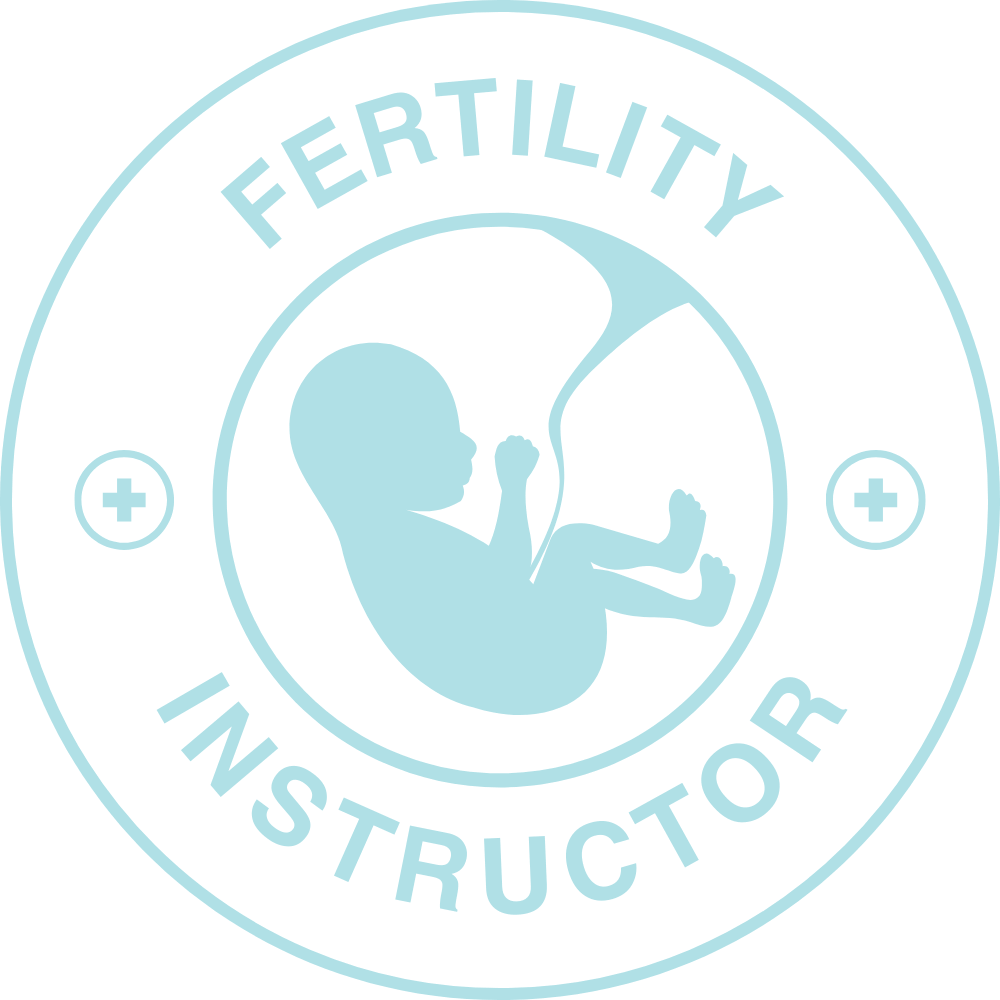
Struggling to conceive can be a challenging journey, but fertility pills have helped countless couples achieve their dream of starting a family. These medications can regulate ovulation, balance hormones, and improve your chances of getting pregnant.
Whether you’re exploring over-the-counter options or considering prescription alternatives, finding the best fertility pills to get pregnant is key to taking the next step. In this guide, we’ll explore top options and provide insights to help you choose the right one for your journey.
What Are Fertility Pills and How Do They Work?
Fertility pills are medications designed to support and enhance reproductive health, often by regulating ovulation or addressing hormonal imbalances. These pills work in different ways depending on the active ingredients. For example, some stimulate the release of eggs, while others help balance hormones essential for conception.
There are two main categories: prescription fertility pills, which are often recommended for specific medical conditions, and over-the-counter options, which are accessible for general fertility support. Regardless of how you obtain them, both can improve your chances of getting pregnant.
Do Fertility Pills Really Work for Getting Pregnant?
The effectiveness of fertility pills largely depends on factors like age, overall health, and the underlying cause of infertility. Many women have experienced success using fertility pills, especially when they address specific issues like irregular ovulation or hormonal imbalances.
For instance, clomiphene citrate (Clomid) is known for its high success rates in stimulating ovulation, while over-the-counter options with ingredients like chasteberry and folic acid can support overall fertility health.
But ultimately, we’d recommend consulting a healthcare provider to determine the best approach for your unique situation.
How to Find the Best Fertility Pills for You
When choosing fertility pills, keep these key factors in mind:
- Ingredients: Look for pills with folic acid, myo-inositol, chasteberry, or other proven fertility-boosting compounds. If there’s a specific ingredient your doctor recommends, make it a priority on your search.
- Purpose: Ensure the pill aligns with your needs, whether it’s for ovulation stimulation, hormonal balance, or general fertility support. Each type will work a little differently, and you may need to try a few different options to find the most effective one for you.
- Accessibility: Consider whether you need a prescription or prefer over-the-counter options. Going with an over-the-counter pill is always going to be more convenient, but it may be worth pursuing a prescription if you haven’t found over-the-counter options to be effective for you.
Under the guidance of your healthcare provider, these factors will help you select a product that’s safe, effective, and suited to your fertility goals.

11 Best Fertility Pills to Get Pregnant
1. Clomiphene Citrate (Clomid)
Clomid is one of the most commonly prescribed fertility medications. It works by blocking estrogen receptors in the brain, which stimulates the release of hormones that trigger ovulation.
It’s particularly effective for women with irregular ovulation or unexplained infertility, and it can even be beneficial for men. Clomid has been a cornerstone of fertility treatments for decades due to its high success rates and ease of use.
Pros:
- Precisely targets ovarian stimulation
- Essential for IVF protocols
- Proven track record of success
Cons:
- Expensive treatment
- Requires close monitoring by a doctor
2. Letrozole (Femara)
Originally designed to treat breast cancer, letrozole is now widely used to induce ovulation, especially in women with PCOS who don’t respond to Clomid.
Letrozole works by lowering estrogen levels, prompting the body to produce more hormones needed for ovulation. Studies suggest that letrozole for fertility may have higher success rates in certain cases compared to Clomid.
Pros:
- Effective for PCOS-related infertility
- May have fewer side effects than Clomid
- Promotes natural ovulation
Cons:
- Off-label use for fertility
- Requires precise timing for ovulation monitoring
3. Myo-Inositol Supplements
Myo-inositol is a natural compound that supports ovarian function and hormonal balance, making it a popular over-the-counter option for women with PCOS. Research indicates that it can improve egg quality and restore regular ovulation, which are crucial for conception.
Pros:
- Supports overall hormonal balance
- May improve egg quality
- Natural and generally well-tolerated
- Over-the-counter option
Cons:
- Results may take time to manifest
- Less effective for non-PCOS-related infertility
4. Metformin (Glucophage)
Metformin is primarily a diabetes medication but is also effective for women with PCOS. By improving insulin sensitivity, it helps restore normal ovulation. It’s often used in combination with other fertility treatments to enhance results, especially for those dealing with insulin resistance.
Pros:
- Improves insulin sensitivity
- May restore ovulation in PCOS patients
- Can complement other fertility treatments
Cons:
- Gastrointestinal side effects
- Requires long-term use for visible results
5. Dopamine Agonists (e.g., Bromocriptine, Cabergoline)
Dopamine agonists are prescribed for women with elevated prolactin levels, a condition that can interfere with ovulation. Medications like Bromocriptine and Cabergoline help lower prolactin, restoring menstrual regularity and improving fertility.
Pros:
- Effective for prolactin-related infertility
- Restores menstrual cycle regularity
- Non-invasive treatment option
Cons:
- May cause dizziness or fatigue
- Requires regular monitoring of prolactin levels
6. Gonadotropins
These injectable fertility drugs, though not pills, are still an effective option worth considering. They directly stimulate the ovaries to produce multiple eggs, increasing the chances of conception.
Gonadotropins are often used in conjunction with assisted reproductive technologies like IUI or IVF. They’re particularly beneficial for women who don’t respond to oral medications.
Pros:
- Highly effective for stimulating multiple eggs
- Works well with advanced fertility treatments
- Customizable dosage
Cons:
- Risk of ovarian hyperstimulation syndrome (OHSS)
- Requires precise administration and monitoring
- Can’t be taken orally
7. Human Menopausal Gonadotropin (hMG)
hMG contains both follicle-stimulating hormone (FSH) and luteinizing hormone (LH), making it highly effective for stimulating egg development and ovulation.
This injectable medication (also not a pill but still a noteworthy addition to this list) is commonly used in advanced fertility treatments, offering robust support for ovarian stimulation.
Pros:
- Stimulates comprehensive ovarian response
- Effective for advanced fertility protocols
- Enhances egg development
Cons:
- High cost
- Requires medical supervision
- Can’t be taken orally
8. Exogenous Estrogens and Progestins
These hormones are often used to regulate menstrual cycles and create an optimal uterine environment for implantation. Estrogens and progestins are typically prescribed as part of a broader fertility treatment plan, especially for women undergoing IVF.
Pros:
- Regulates menstrual cycle
- Prepares uterine lining for implantation
- Versatile in fertility protocols
Cons:
- Hormonal side effects like bloating
- Not suitable for all patients
9. Chasteberry Supplements
Chasteberry is a natural herb known for balancing hormones and supporting ovulation. It’s widely available as an over-the-counter supplement and is especially beneficial for women with irregular cycles or mild hormonal imbalances.
Its natural approach makes it a favorite among those seeking non-prescription options.
Pros:
- Natural and widely available over-the-counter
- Supports hormonal balance
- May regulate menstrual cycle
Cons:
- Limited research on efficacy
- Results may vary widely
10. Human Chorionic Gonadotropin (hCG)
hCG injections (last non-pill, we promise) are used to trigger ovulation during fertility treatments. By mimicking the body’s natural luteinizing hormone surge, hCG ensures the timely release of eggs. This medication is a vital component of many assisted reproductive protocols.
Pros:
- Effective ovulation trigger
- Integrates well with other treatments
- Mimics natural hormonal processes
Cons:
- Requires precise timing
- Can cause mild discomfort at injection site
- Can’t be taken orally
11. Fertilaid for Women
Fertilaid for Women is a popular over-the-counter fertility supplement designed to enhance reproductive health and support ovulation. It contains a blend of essential vitamins, minerals, and herbal extracts like chasteberry to promote hormonal balance and improve overall fertility.
This supplement is particularly beneficial for women experiencing irregular cycles or mild fertility challenges, and it can be found at this link.
Pros:
- Combines vitamins and herbal extracts for comprehensive fertility support
- Encourages hormonal balance and ovulation
- Accessible and easy to use over-the-counter option
Cons:
- Results may take several months to show
- Not suitable for severe fertility issues requiring medical intervention

Are There Any Risks or Side Effects of Fertility Pills?
Fertility pills can come with potential side effects, ranging from mild to severe. Common side effects include:
- Nausea
- Bloating
- Mood swings
- Headaches
More serious risks include ovarian hyperstimulation syndrome (OHSS) and a higher likelihood of multiple pregnancies. It’s essential to consult a doctor before starting any fertility treatment to understand the risks and receive proper monitoring.
How Long Should You Take Fertility Pills to Get Pregnant?
The duration of treatment depends on the specific medication and individual circumstances. Prescription fertility pills like Clomid are typically taken for five days in each menstrual cycle, while supplements like Fertilaid can be taken daily for an extended period.
Always follow your healthcare provider’s recommendations, and then reassess if results are not seen within a reasonable timeframe.
Conclusion: Choosing the Right Fertility Pill for You
Selecting the best fertility pill depends on your individual needs, health status, and fertility challenges. For those dealing with specific medical conditions like PCOS or ovulation issues, prescription pills such as Clomid or letrozole may be the most effective.
On the other hand, if you’re looking for a natural, over-the-counter option, Fertilaid for Women or other herbal supplements, such as those containing chasteberry, can be a great choice.
Keep in mind that the success of fertility pills can vary based on factors like age, lifestyle, and underlying health conditions. Always consult a healthcare provider to discuss your options and find a solution tailored to your situation.
With the right guidance and persistence, fertility pills can be a powerful tool to help you on your journey to parenthood. Did you find a pill that works best for you? Let us know in the comments below!
